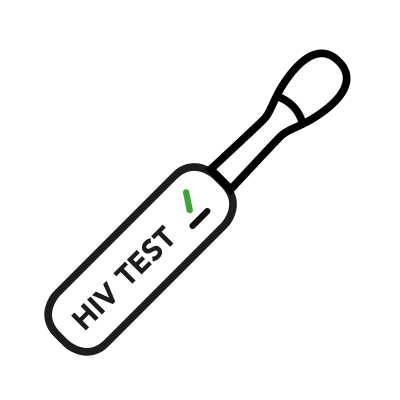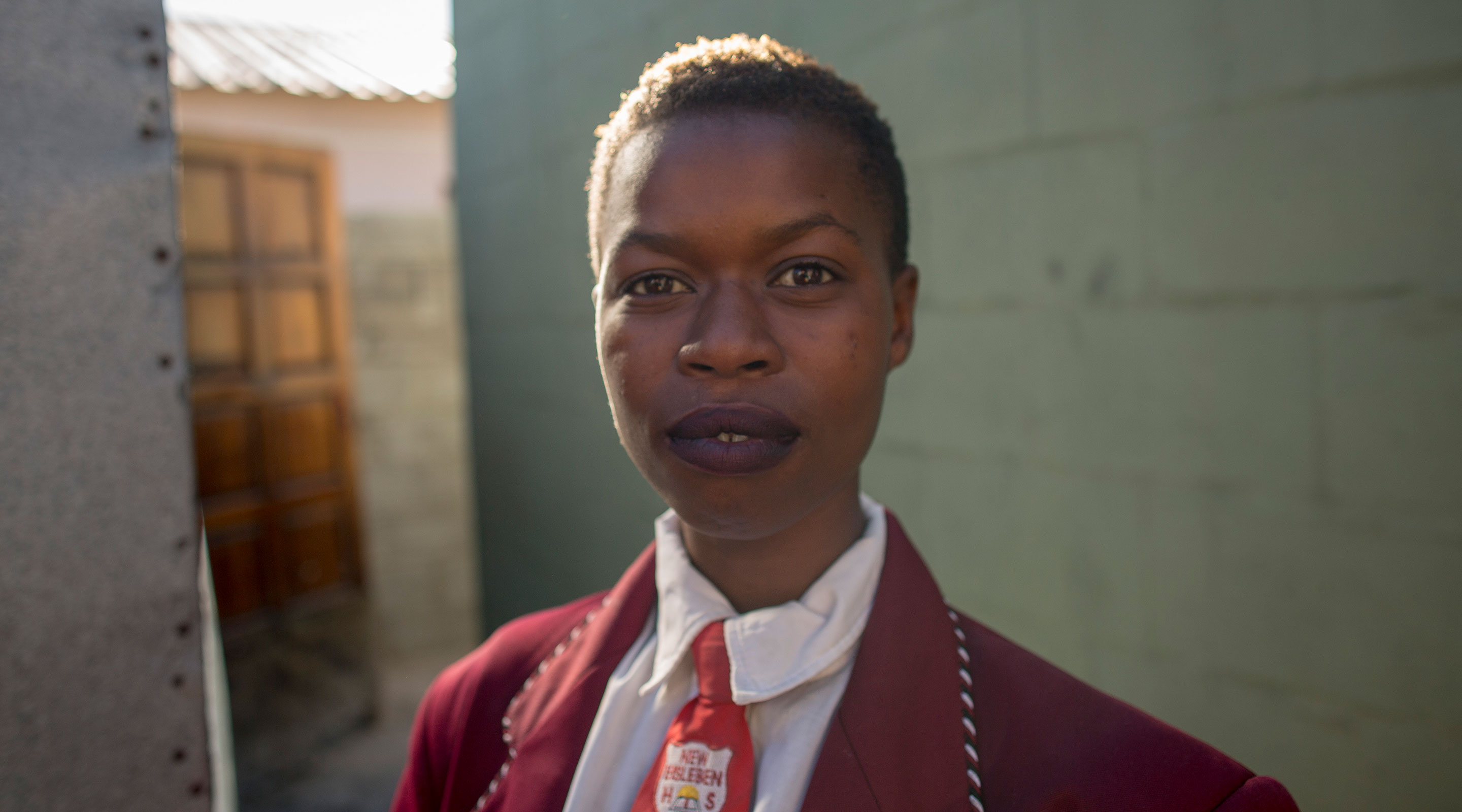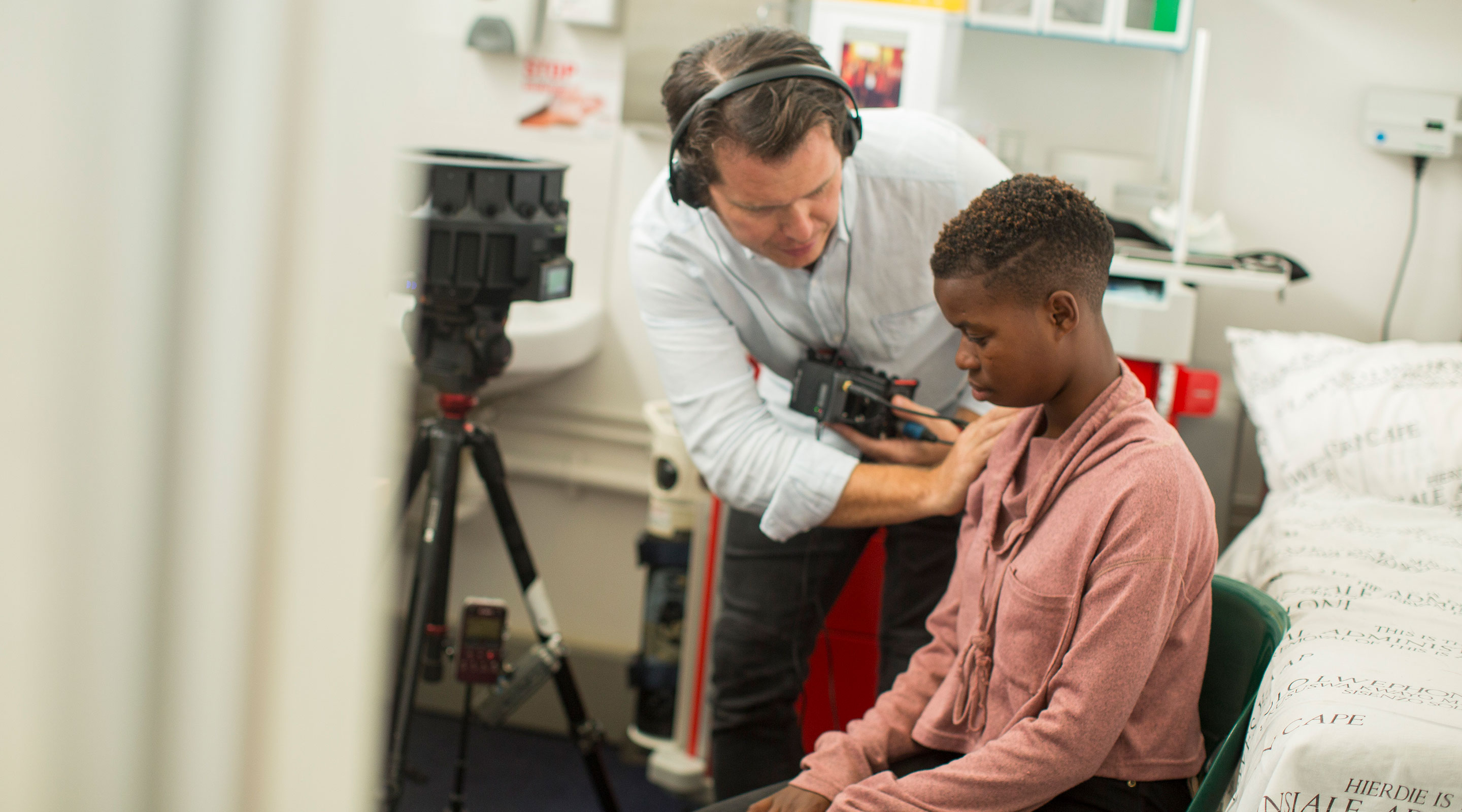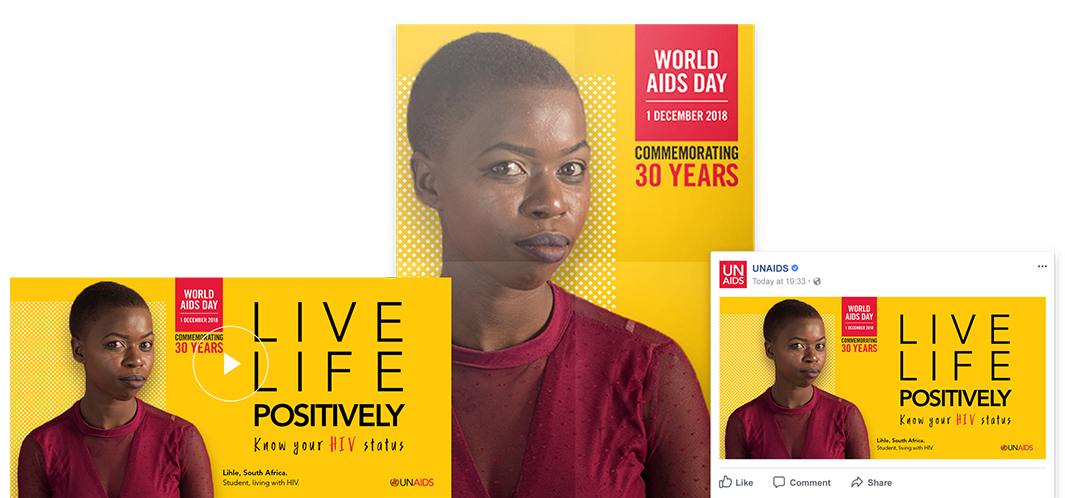
On World AIDS Day 2018, HIV testing is being brought into the spotlight. And for good reason.
Why should I get tested?
Around the world, 37 million people are living with HIV, the highest number ever, yet a quarter do not know that they have the virus.
Knowing your HIV status has many advantages. It is an essential entry point to HIV treatment, prevention, care and support services. People who test positive for HIV should be linked immediately to antiretroviral therapy to keep them alive and well and, when viral load suppression is reached, prevent transmission of the virus.
Knowing your HIV status also enables people to make informed decisions about HIV prevention options, including services to prevent children from becoming infected with HIV, male and female condoms, harm reduction services for people who inject drugs, voluntary medical male circumcision and pre-exposure and post-exposure prophylaxis.
What are the “5 Cs”?
All forms of HIV testing should adhere to the 5 Cs: consent, confidentiality, counselling, correct test results and connection (linkage to prevention, treatment and care services). Governments and health service providers are responsible for ensuring that all forms of testing include the 5 Cs. Each type of testing has its own advantages but also its own set of circumstances that need to be addressed to ensure that they adhere to the 5 Cs.
CONNECTION
Linkage to HIV prevention, treatment and care and support services should be supported through concrete and well-resourced patient referral, support and/or tracking systems.
CONFIDENTIALITY
Testing services must be confidential, meaning that the test results and the content of discussions between the person tested and the testing provider, counsellor and/or other health-care workers will not be disclosed to anyone else without the consent of the person tested.
CORRECT RESULTS
It is critical that the HIV test results delivered to individuals are correct. To ensure that test results are accurate, all testing must be performed in accordance with WHO or national quality assurance systems and standards, including the use of the appropriate testing strategy based on the characteristics of the local epidemic, and with a validated testing algorithm. The test results must be communicated to the person tested unless that person subsequently decides that they do not wish to receive the results.
COUNSELLING
Appropriate and high-quality brief pre-test information and post-test counselling tailored to the person and the test results must be available.
CONSENT
HIV testing is a choice. Everybody should be given the opportunity to test for HIV, but an individual’s decision to take an HIV test must always be voluntary. People being offered testing for HIV must give informed consent. This means that they need to be informed of the process for HIV testing and confirming the results, the services that are available depending on the results and their right to refuse testing without consequences. Mandatory, compulsory or coerced testing is never appropriate, regardless of where that coercion comes from: health-care providers, partners, family members, employers, law enforcement officials or others.
Latest data
people living with HIV don't know their status
people were newly infected with HIV in 2017
people living with HIV on treatment reported to be accessing viral load testing in 2016
Testing is the only way to know for sure if you have HIV. If you think you may have been at risk of HIV infection, it is critical to find out your HIV status early. People’s risk of HIV can vary country to country and community to community, but, if you are unsure whether you have been at risk of HIV infection you can take our Test test.
Do you live in a country with high rates of HIV*?
* Botswana, Cameroon, Central African Republic, Congo, Cote d Ivoire, Equatorial Guinea, Eswatini, Gabon, Guinea-Bissau, Kenya, Lesotho, Malawi, Mozambique, Namibia, Nigeria, Rwanda, South Africa, South Sudan, Togo, Uganda, United Republic of Tanzania, Zambia, Zimbabwe
Yes
No
Correct!
Wrong!
Have you ever lived in a country with high rates of HIV*?
* Botswana, Cameroon, Central African Republic, Congo, Cote d Ivoire, Equatorial Guinea, Eswatini, Gabon, Guinea-Bissau, Kenya, Lesotho, Malawi, Mozambique, Namibia, Nigeria, Rwanda, South Africa, South Sudan, Togo, Uganda, United Republic of Tanzania, Zambia, Zimbabwe
Yes
No
Correct!
Wrong!
Have you ever paid or been paid or exchanged goods or services for sex work?
Yes
No
Correct!
Wrong!
Have you ever had tuberculosis?
Yes
No
Correct!
Wrong!
Are you a man who has had sex without a condom with another man?
Yes
No
Correct!
Wrong!
Are you a transgender person who has had sex without a condom?
Yes
No
Correct!
Wrong!
Have you injected drugs and shared injecting equipment with others?
Yes
No
Correct!
Wrong!
Have you had sex without a condom with someone who could answer yes to any of the above questions?
Yes
No
Correct!
Wrong!
Have you ever had sex without a condom with a person who is living with HIV whose viral load you do not know to be undetectable?
Yes
No
Correct!
Wrong!
Are you pregnant or do you plan to become pregnant?
Yes
No
Correct!
Wrong!
Share the quiz to show your results !
Subscribe to see your results
Should I get tested?
I'm %%personality%%
%%description%%
But I'm also %%personality%%
%%description%%
Loading...
Testing is the only way to know for sure if you have HIV. If you think you may have been at risk of HIV infection, it is critical to find out your HIV status early. People’s risk of HIV can vary country to country and community to community, but, if you are unsure whether you have been at risk of HIV infection you can take our Test test.
* Botswana, Cameroon, Central African Republic, Congo, Cote d Ivoire, Equatorial Guinea, Eswatini, Gabon, Guinea-Bissau, Kenya, Lesotho, Malawi, Mozambique, Namibia, Nigeria, Rwanda, South Africa, South Sudan, Togo, Uganda, United Republic of Tanzania, Zambia, Zimbabwe
Correct!
Wrong!
* Botswana, Cameroon, Central African Republic, Congo, Cote d Ivoire, Equatorial Guinea, Eswatini, Gabon, Guinea-Bissau, Kenya, Lesotho, Malawi, Mozambique, Namibia, Nigeria, Rwanda, South Africa, South Sudan, Togo, Uganda, United Republic of Tanzania, Zambia, Zimbabwe
Correct!
Wrong!
Correct!
Wrong!
Correct!
Wrong!
Correct!
Wrong!
Correct!
Wrong!
Correct!
Wrong!
Correct!
Wrong!
Correct!
Wrong!
Correct!
Wrong!
Share the quiz to show your results !
Subscribe to see your results
I'm %%personality%%
But I'm also %%personality%%
Loading...






